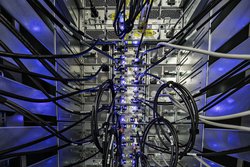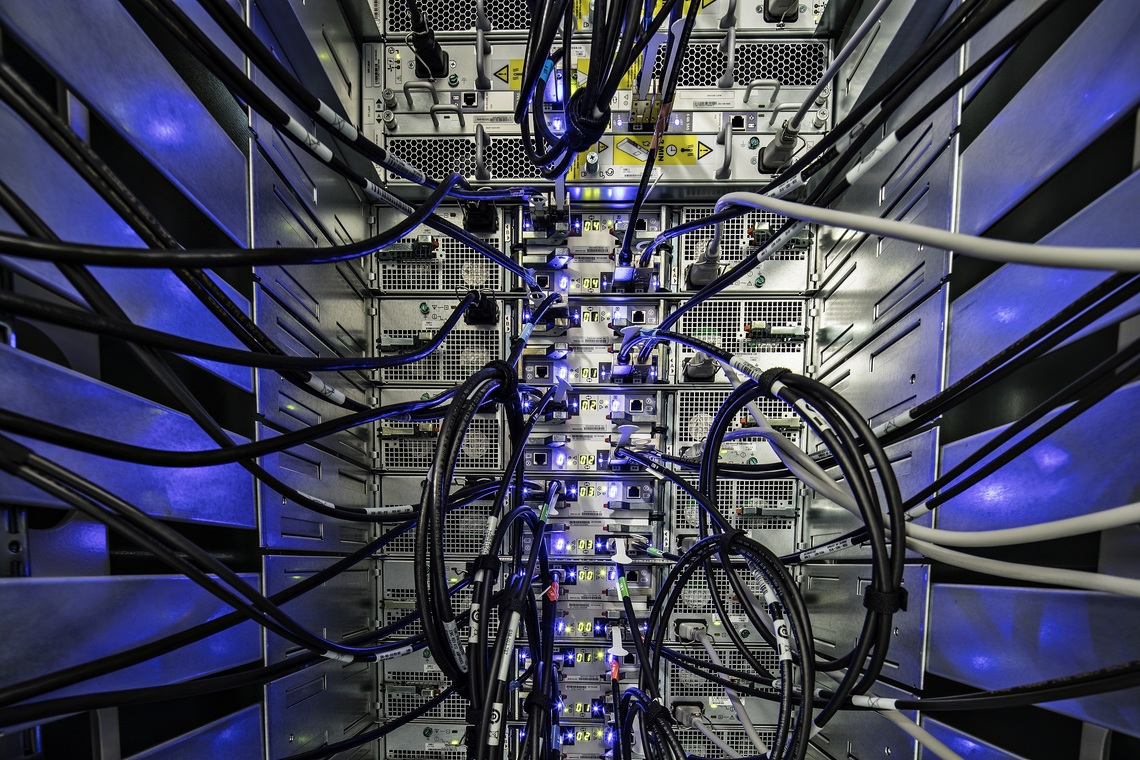
Oct. 9, 2018
By: Michael Feldman
Škoda Auto is planning to increase it computational capacity to 15 petaflops, making it the owner of the most powerful privately owned HPC infrastructure in the Czech Republic.
 Founded in 1895, Škoda is one of the world’s oldest automobile manufacturers, producing its first vehicle produced in 1905. The company currently offers its automobiles in over 100 countries, selling more than a million vehicles a year. It has manufacturing facilities in Europe, Russia, India and China.
Founded in 1895, Škoda is one of the world’s oldest automobile manufacturers, producing its first vehicle produced in 1905. The company currently offers its automobiles in over 100 countries, selling more than a million vehicles a year. It has manufacturing facilities in Europe, Russia, India and China.
Škoda did not offer a specific timeline for the expansion of its HPC capacity, only stating its rollout would be gradual. Upon completion, the upgraded system (or systems) would be comprised of 500 racks of compute and storage servers, spread over 1700 square meters of the company’s datacenter in Mladá Boleslav.
The servers will rely on glycol-infused water to keep them cool, recycling the waste heat to warm nearby offices. Total power consumption for the additional capacity is expected to be in the neighborhood of 10 MW. In the event of a power failure, a backup system will enable the datacenter to operate off the grid for several days.
The HPC upgrade represents a ten-fold increase in computational performance, enabling the company to expand beyond its traditional automobile manufacturing business into areas such as electromobility, autonomous driving, and connectivity. Target applications for the additional capacity include virtual-reality representations, visualizations, and digital simulations.
“To ensure maximum security of the data and biggest possible computing capacity, Škoda Auto needs a datacenter with state-of-the-art computing and storage capacity,” explained Klaus-Dieter Schürmann, Board Member for Finance and IT at Škoda Auto. “The expansion of the datacenter is proof that Škoda Auto is no longer just a car manufacturer, but is also one of the leading service providers for mobility in the Czech Republic.”
If the new Škoda capacity was deployed today as a single supercomputer, it would likely rank in the top 20 of the TOP500 list. Currently, the most powerful commercial system on the list is the HPC4 system deployed at Eni, an Italian energy multinational. HPC4 has a peak performance of 18.6 petaflops and a Linpack rating of 12.2 petaflops, earning it the number 13 position.
In general, vehicle manufacturers do not reveal their HPC setup with a TOP500 Linpack submission. The only one on the current list is an anonymous automotive company with a 1 petaflop system at number 229. There are almost certainly multi-petaflop systems hiding in the datacenters of most, if not all major auto companies. Inasmuch as Škoda has already revealed its HPC plans to some extent, maybe the company will buck the current trend of industrial secrecy and claim its place on an upcoming list.
Image source: Škoda Auto a.s.
